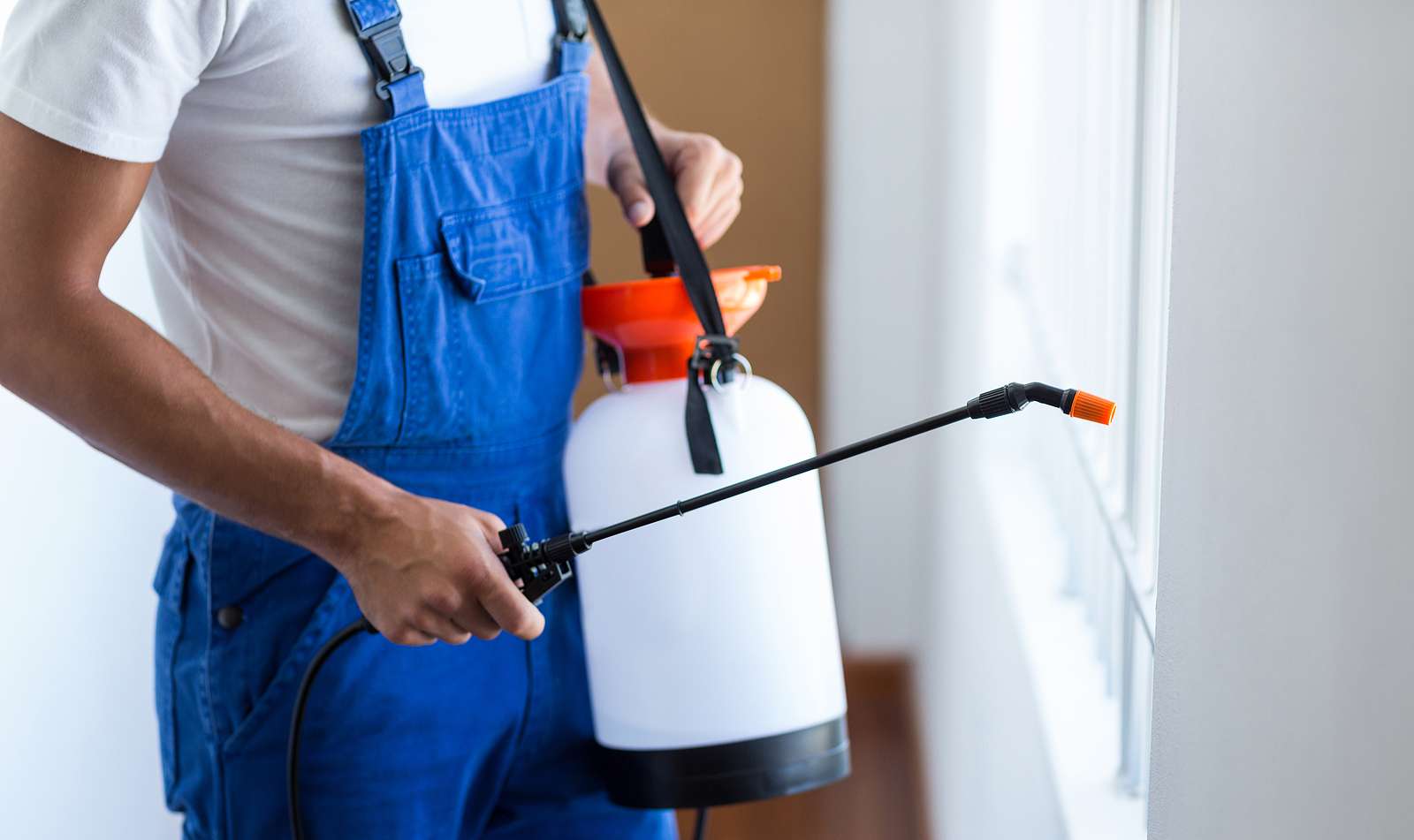Trusted Pest Control Washington DC: Safeguard Your Home and Business!
Trusted Pest Control Washington DC: Safeguard Your Home and Business!
Blog Article
Professional Bug Control Techniques for Long-Term Outcomes
Professional insect control strategies encapsulate a detailed technique that begins with a thorough inspection and evaluation, followed by exact parasite identification to understand their habits patterns. The execution of Integrated Insect Monitoring (IPM) principles, combined with eco-conscious therapies, forms the keystone of lasting parasite eradication.
Examination and Analysis
Upon getting in a home for pest control services, the initial action is an extensive evaluation and analysis to recognize the extent of the problem and figure out one of the most effective treatment strategy. Professional insect control service technicians are educated to meticulously take a look at the properties, trying to find indications of parasite task such as droppings, nibble marks, nests, or any kind of structural damage. They will additionally examine the problems that may be attracting parasites, such as food sources, water leakages, or access points.

Insect Recognition and Habits

Additionally, understanding the behavior of the identified bug is vital to executing reliable control actions. Knowing where pests nest, what they feed on, and their task patterns can help pest control experts create approaches to eradicate them effectively. Some insects may be nocturnal, while others are more energetic throughout the day. This understanding permits the application of treatments at ideal times for optimum performance.
Integrated Pest Management (IPM)
Integrated Parasite Administration (IPM) methods combine several techniques to regulate and stop insect invasions in a lasting and environmentally pleasant fashion. exterminator near me. By integrating approaches such as biological control, habitat adjustment, alteration of cultural techniques, and using resistant selections, IPM aims to reduce the use of chemical pesticides
One of the key concepts of IPM is the focus on avoidance. This proactive strategy involves tracking bug populaces frequently to spot any possible problems before they escalate. By recognizing bug troubles early on, pest control steps can be executed swiftly and efficiently.
Additionally, IPM advertises using non-toxic pest control approaches whenever feasible. This can include employing natural killers of the insects, introducing valuable bugs, or making use of scents to interrupt breeding patterns. By lowering dependence on chemical pesticides, IPM not only safeguards the atmosphere yet also assists maintain an equilibrium in the community.
Environmentally-Friendly Therapies
Applying eco-conscious strategies in insect control treatments can successfully deal with problems while focusing on ecological sustainability. Environmentally-friendly therapies focus on reducing the influence of parasite control approaches on ecosystems, non-target organisms, and human health.
Another trick facet of environmentally-friendly treatments is using natural and naturally degradable products that damage down quickly without leaving damaging deposits in the environment. Herb pesticides stemmed from plants like chrysanthemums or neem supply efficient bug control while posing very little threat to non-target types. In addition, utilizing techniques like heat treatments or scent traps can target specific bugs with precision, minimizing the total ecological influence of parasite control practices.
Continuous Monitoring and Maintenance
Constant surveillance and maintenance are important components of reliable parasite control management. Ongoing monitoring plays an important duty in making sure that insect infestations are discovered early and dealt with quickly. Routine inspections by skilled specialists are required to determine any kind of signs of bug activity, evaluate the efficiency of previous treatments, and make adjustments to the insect control plan as needed. By checking bug populations over time, pest control specialists can track trends, expect potential issues, and carry out safety nets to lessen the threat of future problems.
In addition to tracking, upkeep practices are important for long-term parasite control success. This consists of implementing correct cleanliness measures to eliminate possible food and water resources for insects, sealing access indicate avoid parasites from going into the premises, and dealing with any type of architectural concerns that can facilitate bug problems (Exterminator DC). By integrating ongoing tracking and maintenance into an incorporated bug management approach, companies can ensure a exterminator pest-free setting and secure their property against expensive damages and health and wellness threats
Conclusion
To conclude, making use of specialist bug control techniques such as detailed inspection and evaluation, precise parasite recognition and understanding of their habits, incorporated pest monitoring approaches, environmentally-friendly therapies, and recurring monitoring and upkeep are necessary for attaining lasting outcomes in parasite control. By carrying out these techniques, people can efficiently manage bug infestations and maintain a pest-free setting in a sustainable fashion.
Report this page